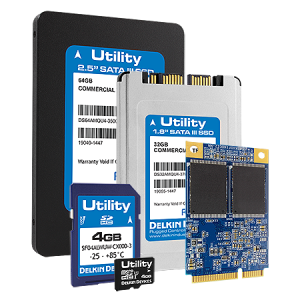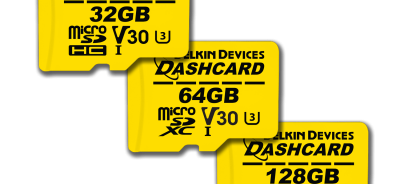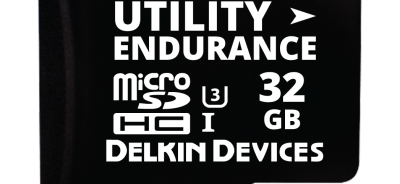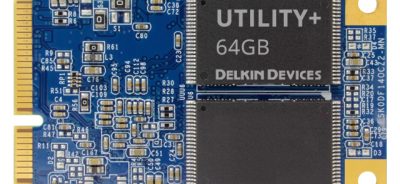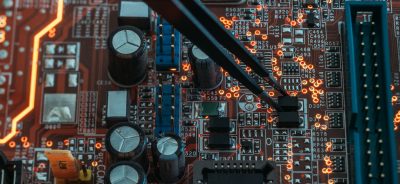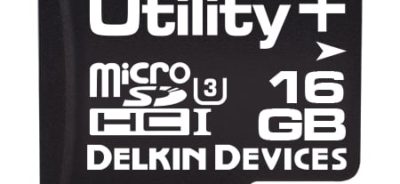Flash Memory Card Storage
Flash memory has replaced hard disk drive (HDD) storage for a huge number of commercial and industrial applications. There are several reasons for this change. One is that flash memory is generally more reliable. It doesn’t involve any moving parts, as HDD storage does, so it is less prone to failures. This feature is especially important for industrial users, as industrial devices are often used in environments with high levels of shock and vibration, which can cause failures in HDDs. Flash memory is also faster than HDDs and can be designed in very small sizes, meeting the needs of today’s small digital devices. If you are considering flash memory card storage for your application, here is what you need to know.
Types of Flash Memory
Flash memory is available in multiple grades. For industrial users, it is most common to choose SLC flash, or single-level cell flash memory. SLC flash is designed so that one bit of data is stored per cell. This reduces the risk of errors occurring during read and write operations and allows for the fastest possible flash memory speeds. Because storing one bit of data per cell minimizes the need to use different voltages, it also significantly extends the lifespan of the memory card. In addition, SLC flash memory is designed with extended temperature ranges. It is common for SLC flash memory to tolerate operating temperatures from -40 degrees C to 85 degrees C, which is a critical feature for industrial devices that are often used in rugged operating conditions.
Multi-level cell (MLC) and triple-level cell (TLC) flash memory are the two other grades. TLC flash memory tends to be used in consumer products almost exclusively. MLC flash is generally found in commercial products, though it can sometimes be found in industrial applications, especially when it is designed with an extended temperature range.
Capacity Questions
One advantage that HDDs have over flash memory is an enormous amount of capacity. However, flash memory capacities are typically large enough to accommodate the needs of engineers. You can find flash memory cards in a variety of capacities, up to more than 1TB.
One note about capacity in flash memory is that it is affected by grade. SLC flash memory capacity is constrained because it stores one bit of data on each cell. For industrial users who need additional storage, MLC flash memory cards with industrial temperature ranges can be a better fit.
Delkin can help you with all of your flash memory card storage needs. For more information, contact us today.
ORDER DELKIN INDUSTRIAL FLASH STORAGE TODAY through our distribution partner Newark.
For Europe Contact Our Partner Farnell
 Login
Login Register
Register


